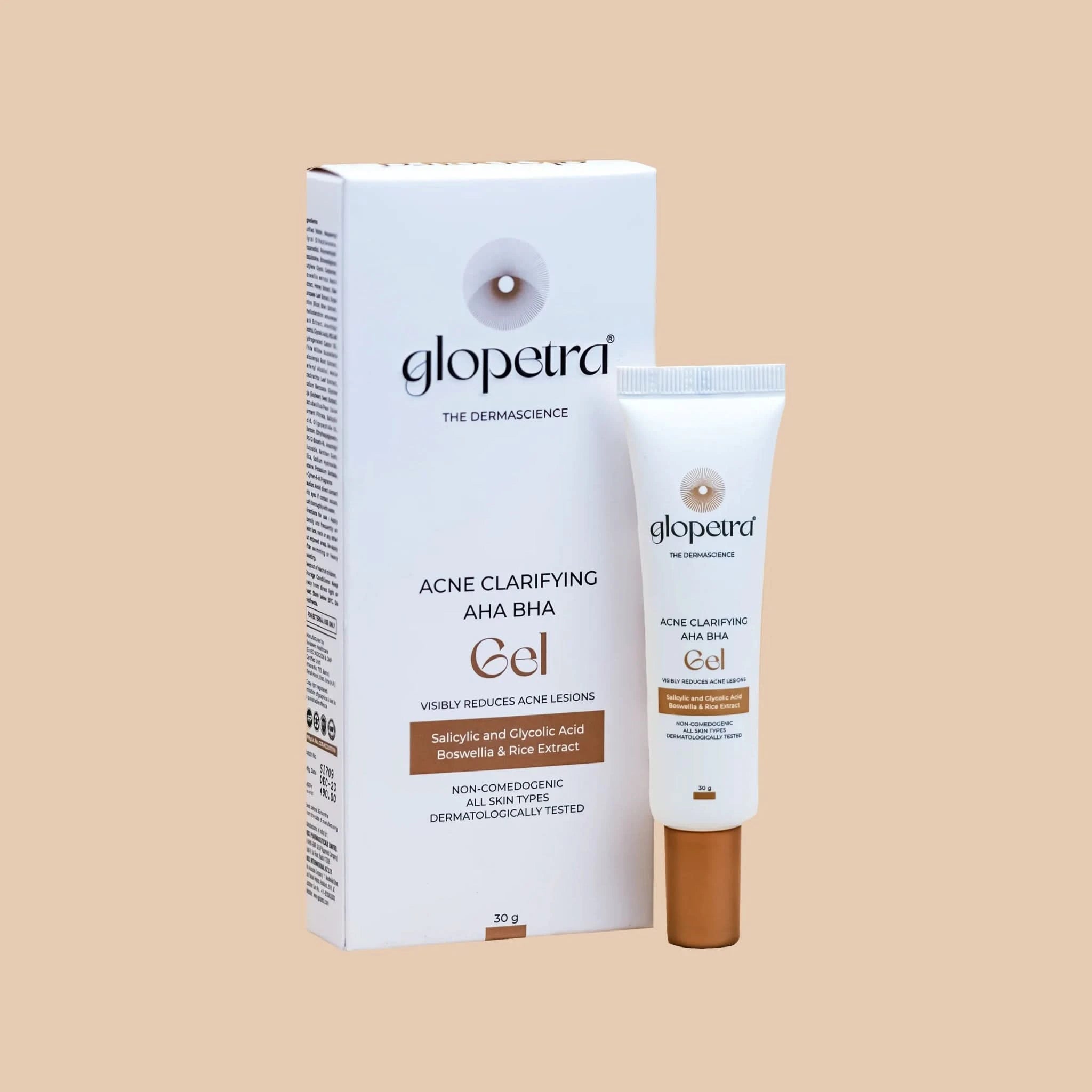
CI Pigments in Cosmetics: Are Colorants Safe for Daily Use?
When it talks about cosmetics, it's not about women's cosmetics have become an integral part of both men's and women's lives. whether it's a lipstick, foundation, face wash, or eyeliner. Colours in your favourite cosmetics and their impact on your skin's you don’t know about that, I'm right, don't worry. In this article, we will explore the CI Pigments in Cosmetics: Are Colorants Safe for Daily Use, safety, and how to choose products wisely.
CI pigments in cosmetics are increasing the demand for cosmetic product shades by customers. Colours attract lots of customers because they choose numerous shades to match their attire. These ideas are chosen by all cosmetic industries by attracting nail colours, lipstick.
Let's decode the CI pigments in cosmetic colourants?
 CI pigmentation is known for colour index pigmentation, that likes A standard classification system that develops the vast range of colourants in various industries like plastic, textiles, and paints. In the colour index, pigmentation is assigned a unique CI number that helps to identify specific colours across different brands. The colours used complement the product packaging and attract customers.
CI pigmentation is known for colour index pigmentation, that likes A standard classification system that develops the vast range of colourants in various industries like plastic, textiles, and paints. In the colour index, pigmentation is assigned a unique CI number that helps to identify specific colours across different brands. The colours used complement the product packaging and attract customers.
CI Pigmentation is primarily used in various cosmetics:
- Lip moisturisers and lipstick
- Eyeliners and eyeshadows
- Blushes
- Foundations
- Nail polishes
Let's know about the types of CI pigments used in cosmetics.
The CI pigments are widely used in cosmetic products or categorised into the organic and inorganic types.
Organic pigments
This is the carbon-based pigment that is mostly used in bright, vibrant, and opaque colours. These are commonly abstracted from synthetic dies and natural plants. Organic pigments are favoured for wide colours to provide bold and intense shade.
Cosmetic uses:
CI 19140 (Yellow 5) – Often used in lipsticks, foundation, and eyeshadows.
CI 15985 (Yellow 6) – Found in blushes, lip glosses and hair colour.
What are the advantages of organic pigments?
- high shade colours
- Easy to blend
- Lightweight for every skin
Concerns:
- People face skin allergies to this formula
- Sensitive owners need to try a patch test

Inorganic pigments
These synthetic pigments are abstracted from metal oxides and various salt chemicals. But these pigment delivers various benefits, they help to protect your skin from the sun and are ideal for sunscreens.
Cosmetic uses:
- CI 77491, CI 77492, CI 77499 (Iron Oxides) – Red, yellow, and black iron oxides used in powders
- CI 77891 (Titanium Dioxide) – A white pigment used in foundations, sunscreens, and polishes
- CI 77288 (Chromium Oxide Green) – Often used in eyeshadows and pigments for artistic makeup.
What are the advantages of inorganic colours:
- Long-lasting self-life
- Water and heat resistant
- Safe for every skin type in most cases
Concerns:
- Sometimes it feels heavier on the skin
- Some rare cases of irritation with prolonged exposure
How are CI pigments safe for daily usage?
>There are various types of CI pigmentations available in the market, and for daily usage depends on the skin type, sensitivity, and your cosmetic formula.
- Pigmentations that are made from iron oxides, titanium, that abstract from dyes you need to do patch test before using them.
- Sensitive skin owners do not use it because it prevents irritation, dryness and redness on their skin.
- Various skincare products contain low levels of metals, so they are useful and safe for the skin.
- Pigments are made to avoid irritation and scratching.
- Lipstick is safe for general usage.
People Also Ask About CI Pigments In Cosmetics, And Whether It Is Safe For Daily Use.
Q.1 How can I choose the organic CI pigments in cosmetics?
A: You need to know about the natural colourants and CI pigments. This pigment is derived from plants that are beneficial and safe for every skin type. When you choose any skincare product, you need to ensure that the product is safe for your skin type. For sensitive skin owners need to choose gentle, hypoallergenic, and dermatologist-tested tested.
Q.2 Do the CI pigments have any alternative use?
A:The CI pigments are not only used in the cosmetic industry they widely used in personal care products, like soap, shampoo, and add vibrant colours. And they are also used in the plastic & food industries, like textiles, paints, and plastics. Before choosing any cosmetic product, ensure that the product is beneficial and suitable for your skin or not.
Q.3 Are CI pigments safe for sensitive skin?
A: Most of the CI pigments are safe for sensitive skin. The CI pigmentations are mostly used i dermatologically tested skincare and cosmetic products.
Q.4 Can CI pigments remove acne breakouts?
A: No, CI pigment colours do not help to remove acne breakouts from skin; these pigments are mostly used to add skincare products in cosmetic products. If you are facing acne or skin irritation so you need to choose lightweight and non-greasy formulas that are not harmful to your skin.
Q.5 Which are the better CI pigments and synthetic pigments?
A: Iron and titanium dioxide are best for synthetic pigmentation, safe, reliable and skin-friendly.










